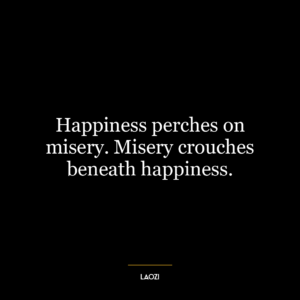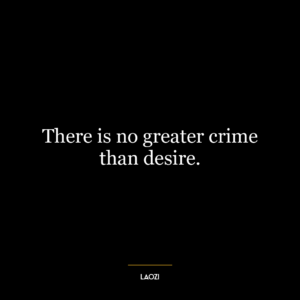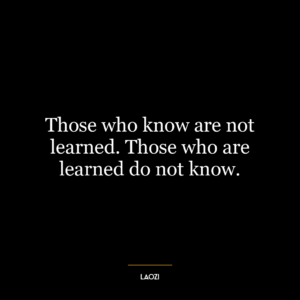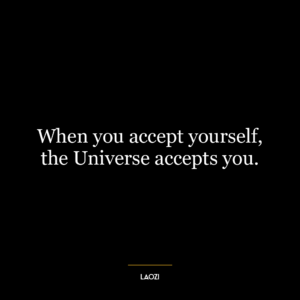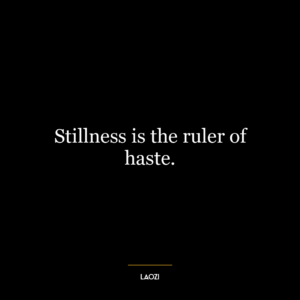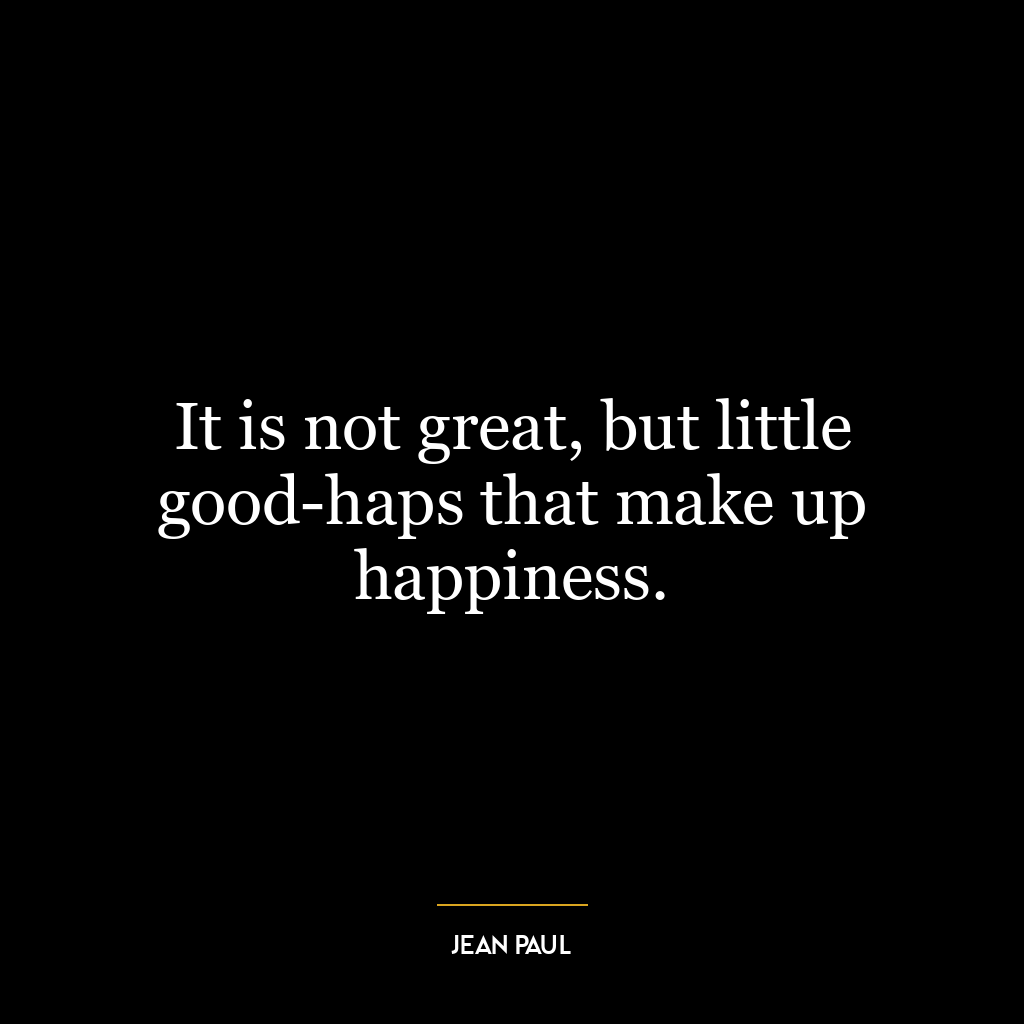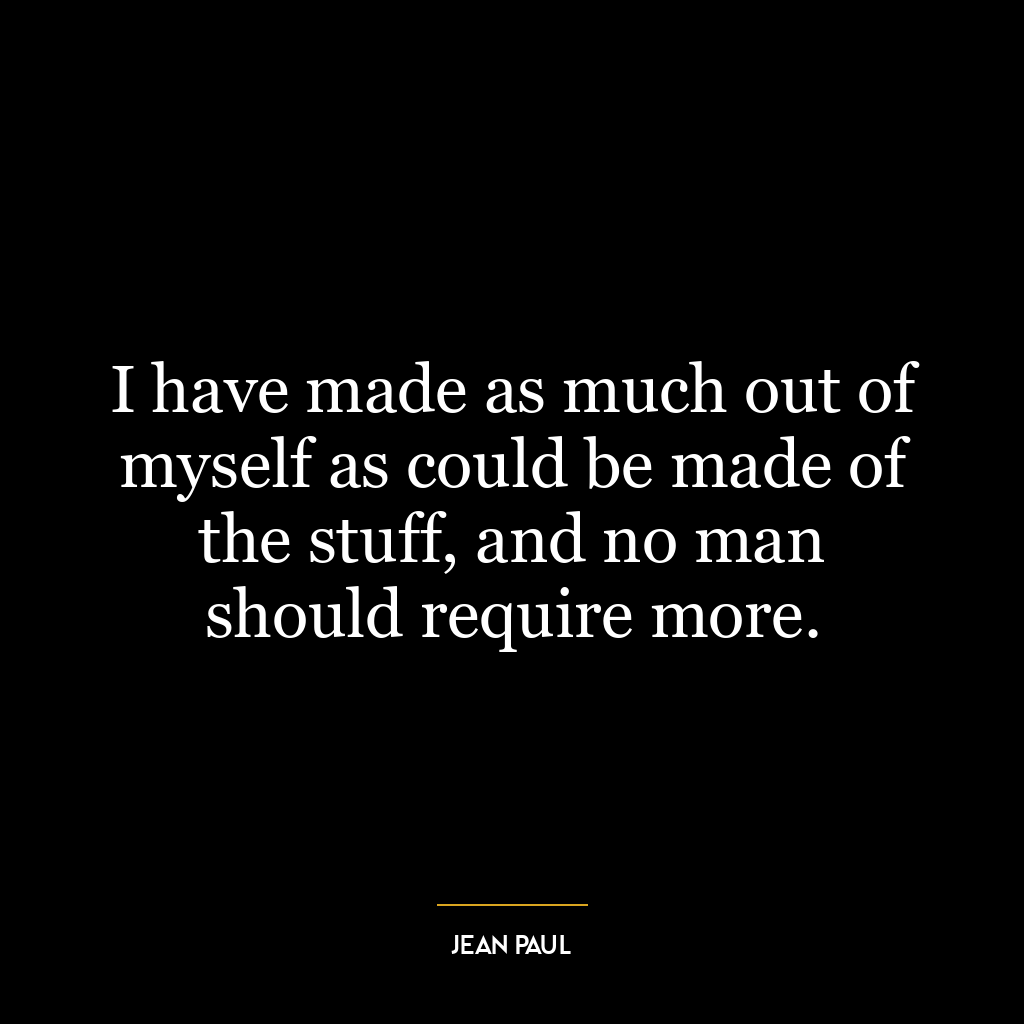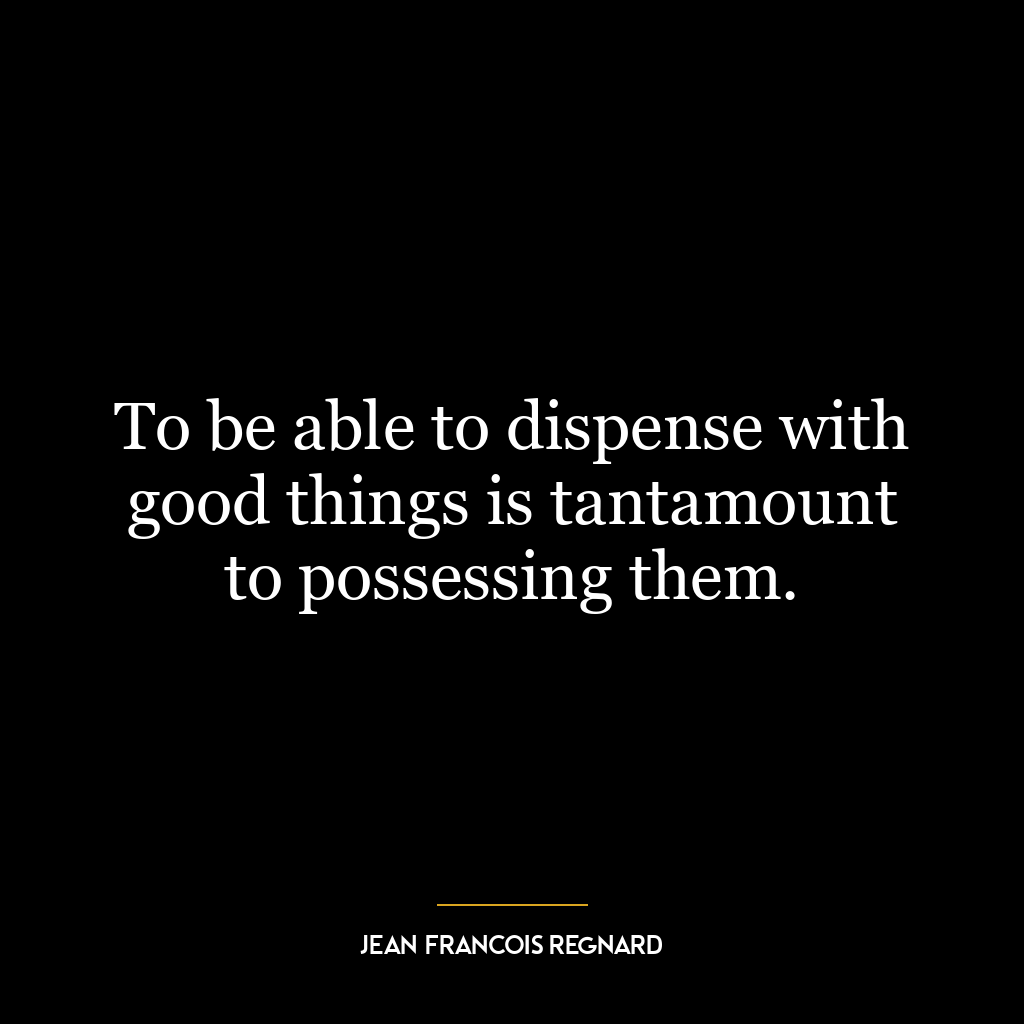There is no greater disaster than discontent.
There is no greater disaster than discontent” is a profound statement that underscores the destructive power of dissatisfaction. It suggests that the feeling of discontentment, or a lack of satisfaction, is the root cause of many problems. When we are discontented, we are in a state of restlessness, always seeking more, never finding peace with what we have. This constant striving can lead to stress, unhappiness, and even physical illness.
At its core, the quote is about the human tendency to want more, to never be satisfied with what we have. It’s a reflection on the nature of desire and the endless pursuit of material wealth, status, or power. The quote suggests that this pursuit, driven by discontent, is not just a personal misfortune but a disaster – a strong term implying widespread destruction and distress.
Applying this concept to today’s world, we see discontent everywhere. In a society driven by consumerism and social media, we are constantly exposed to images and stories of people who seem to have more than us, whether it’s wealth, beauty, fame, or success. This can fuel a sense of dissatisfaction with our own lives, leading to stress, anxiety, and other mental health issues.
In terms of personal development, the quote can be seen as a call to cultivate contentment. This doesn’t mean settling for less or not striving for improvement. Instead, it’s about finding satisfaction in the present moment and appreciating what we have, rather than always looking to the next thing. It’s about understanding that happiness and peace come from within, not from external possessions or achievements.
In essence, the quote “There is no greater disaster than discontent” serves as a powerful reminder of the importance of inner peace and contentment in a world that often promotes the opposite. It highlights the need to manage our desires and expectations, and to appreciate the value of what we have, rather than perpetually seeking more.



